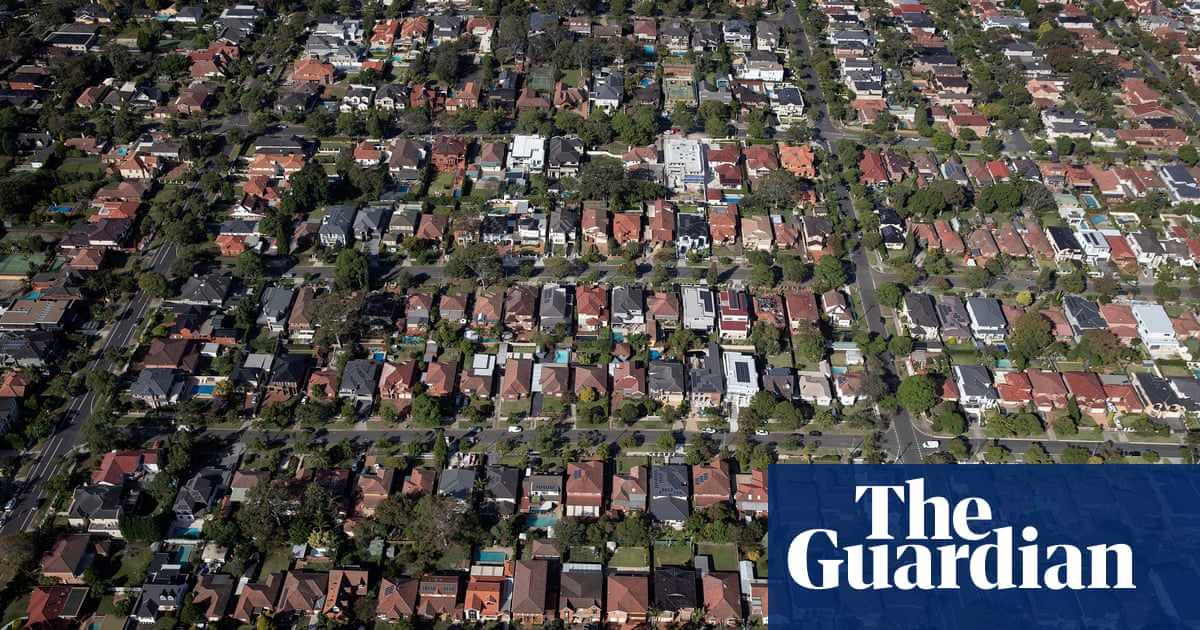
The Victorian government has given its strongest indicator yet it is open to reforming stamp duty – one of the state’s most contentious taxes.
The government this week released its response to a parliamentary inquiry that urged the state to investigate options to scrap stamp duty and replace it with a broad-based land tax.
The government said it accepted the report’s recommendations in part or in principle.
In its response, the government said it “considers Victoria’s taxation mix to balance many priorities and looks for opportunities for reform where possible”, and has already announced “a transition away from stamp duty to a Commercial and Industrial Property Tax for commercial and industrial properties”.
We break down what the possible changes could mean for homebuyers.
What is the difference between upfront stamp duty and having it paid via an annual tax?
Stamp duty is a tax charged by state and territory governments on property purchases, paid at the time of buying.
An annual property tax allows homebuyers to opt to pay an a yearly amount, based on a percentage of the value of the land the property sits on, thereby spreading the cost across many years.
What are the benefits and pitfalls of stamp duty?
Stamp duty is one of the biggest upfront costs to buying a home and a major barrier for first home buyers.
Brendan Coates, the economic policy program director at the Grattan Institute, says Victorians spend “six months of the average annual wage” to pay for stamp duty.
“That makes the deposit hurdle even harder when it’s already often taking 10 years for people to save for a deposit,” he says.
Coates says stamp duty also disincentives homeowners to upgrade to a bigger house for a growing family, downsizing later in life, or moving for a new job.
He says abolishing stamp duty in favour of an annual tax will make housing cheaper. “If you better use the housing stock, then that frees up homes for people that need them,” he says.
John Freebairn, an emeritus professor of economics at the University of Melbourne, says property investors would also benefit from abolishing stamp duty because that cohort tends to buy and sell more often than owner-occupiers.
“Some landlords might also pass these lower taxes on to renters,” he says.
Coates says replacing stamp duty with a land tax could increase home ownership by more than 6%.
But removing upfront stamp duty would have a financial impact on Victoria’s already-stretched budget, with the state’s net debt forecast to reach more than $177bn by June 2027.
The Victorian treasurer, Tim Pallas, had previously warned the state budget’s bottom line would take a $30bn hit if stamp duty was scrapped.
But Coates’ analysis has estimated the state’s economy would be $5.3bn better off in the next financial year if stamp duty was replaced with an annual land tax.
What are the benefits and pitfalls of an annual tax?
Coates says a land tax is “about the best tax you can have”.
after newsletter promotion
“It doesn’t distort people’s choices, because it applies regardless of what they do with the land,” he says.
He says transitioning to a land tax is challenging, because of the financial hit to people who have recently paid stamp duty and the need to manage the impact on pensioners who are on low incomes.
Coates says the federal government could cover some of the transition costs that come from a reduction in revenue in the short-term.
“They should do it because you get a bigger economy as a result of these reforms. So the federal government collects tax revenue in Australia so they’ll be the main beneficiaries of something the state government does,” he says.
“It’s smart economics and the right thing to do.”
What’s the situation in other jurisdictions?
Under the former coalition government in New South Wales, first home buyers had the option to pay an annual property tax bill for properties worth up to $1.5m. The government at the time said stamp duty adds two years to the time required to save for a home deposit for NSW households.
The reform was scrapped by the current Labor government that instead opted to waive stamp duty for first home buyers on purchases up to $800,000 – lifting the threshold from $650,000. The Minns government also introduced a reduce rate for homes up to $1m.
In 2012, the ACT began phasing out stamp duty, while raising council rates to phase in a broad-based land tax on homeowners. The territory also offers a homebuyer concession scheme which was expanded last year.
Freebairn says the ACT’s model of phasing out stamp duty could be adopted by Victoria.
“Its positives are [that] it’s revenue-neutral for the government but it takes a long time to get rid of stamp duty and its problems,” he says.
What else is Victoria doing?
The Allan government this week introduced a bill to abolish stamp duty for commercial and industrial properties and replaced it with a broad-based land tax. The reform, which comes into effect from July, means buyers will have the option to make a one-time stamp duty payment or pay it annually over a decade, with interest. After the 10-year period, a tax will apply at the rate of 1% of the property’s unimproved land value.
Coates says this model could be applied to residential properties.
Victoria also has a stamp duty exemption and reduction scheme for first home buyers.
Read More: World News | Entertainment News | Celeb News
Guardian







